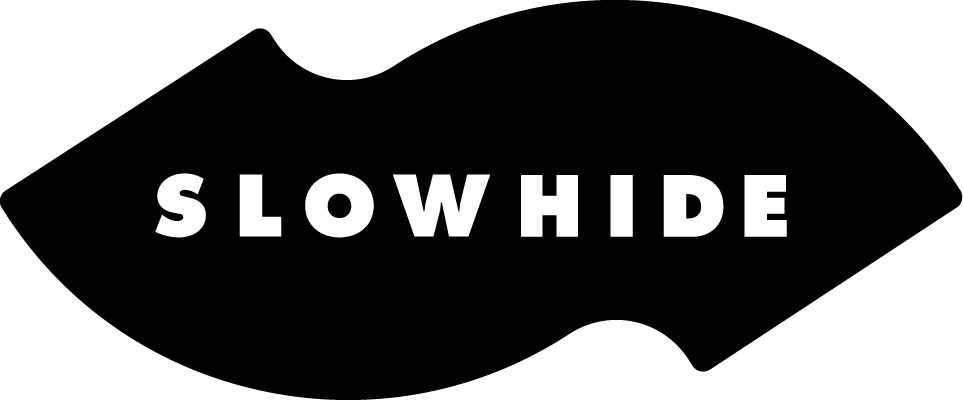What is Sustainability Literacy?
Want to know more?
Attend our Sustainability Crash Course
The term Sustainability has become used—even overused—across industries, including a major trend in fashion in the past few years. Despite its omnipresence, it remains a concept that is complex, and can be misleading. It has been part of the Slow Factory’s mission of education and to demystify complex information, and with our work in sustainability in fashion going back almost a decade, it has been natural to us to lead the way in Sustainability Literacy.
The term was inspired by Ecological Literacy, coined by American educator David W. Orr and physicist Fritjof Capra in the 1990s, describing the ability to understand the natural systems that make life on earth possible, which then introduced a new value to education; the “well-being of the earth”. According to wikipedia, the definition of sustainability is the ability to exist consistently; therefore sustainability literacy is the ability to understand the systems around everything we create in order for us to exist consistently.
For us at Slow Factory, sustainability literacy involves understanding the organizational principles of ecological and social ecosystems, in order for humanity to work with these systems instead of working against them.
The process by which we design systems must allow the continual change required to evolve in an increasingly complex world, while prioritizing ethics and a balanced environment. We must rethink how we extract and process resources, the direction of investments, the orientation of technological development and institutional change; all must be designed to maintain the balance and harmony of our ecosystems, and to enhance both current and future potential.
Sustainability literacy looks at how we can improve our systems in a holistic way, seeing the future through a lens of the past and present, considering: how colonial structures have created the current unsustainable system; what can we unlearn about our assumptions; how can a system be explored in a more inclusive way beyond optics; how can we dismantle and distribute responsibility, wealth and power, to decentralize, unlearn, and redesign circular systems.
Systems must be designed to be informed by nature. In nature, there isn’t any waste, one organism’s waste is another’s fuel. This is the inspiration for our motto: “Everything you make returns to the earth as food, or poison.” We have a lot to learn from nature and indigenous knowledge and wisdom.
The way Slow Factory empowers Sustainability Literacy through our open conference series Study Hall is by centering the voices of Black Brown and Indigenous Peoples, decentralizing science, fashion and culture to look at how we can unlearn some of the harmful theories and processes that have contributed in building this unsustainable world we are trying to change and save. The conference series expands with online seminars, independent publications and live radio podcast series.
In the restoration and redesign of our systems, radical transparency, open data and open information play a core part in democratizing information, and creating education with accessibility and reach in mind, which is what we focus on at Slow Factory.
All forms of literacy lead to greater knowledge, ability and empowerment. The unwritten assumption of “sustainability” is the ability to continue to exist, not by any means necessary and in any state, but ethically, equitably and with prosperity. We believe deeply that greater sustainability literacy across society and industry is the key to a more equitable and prosperous future for all.




